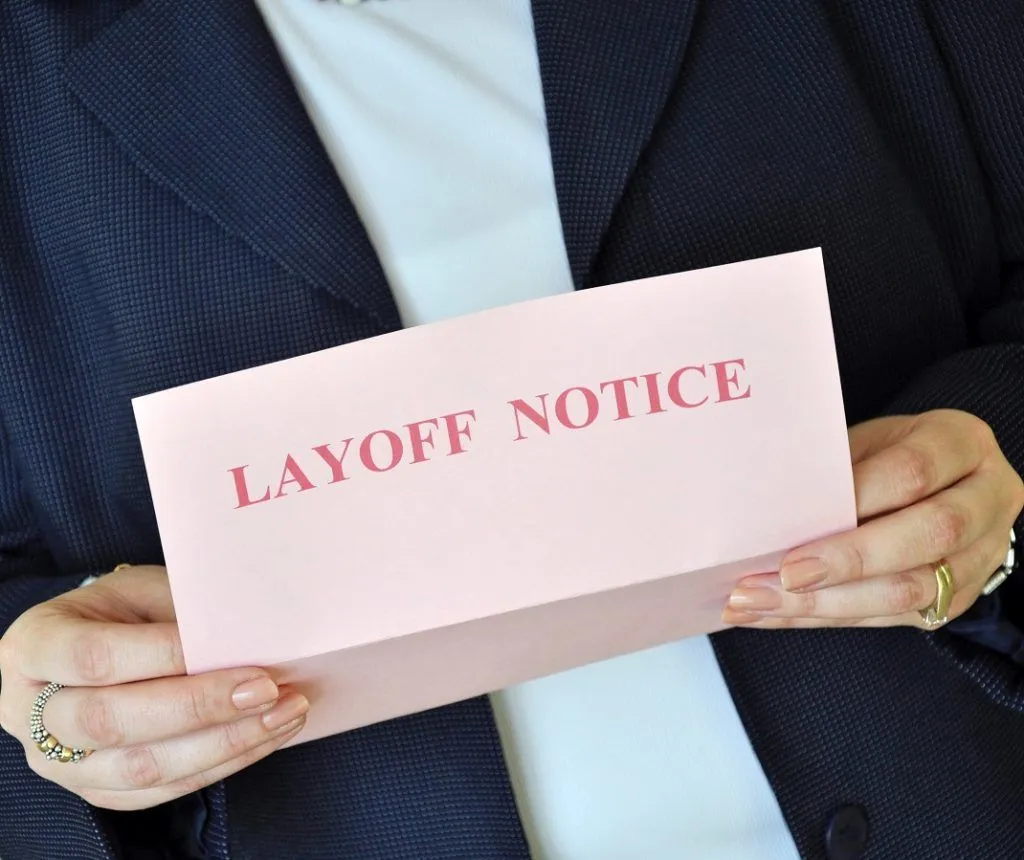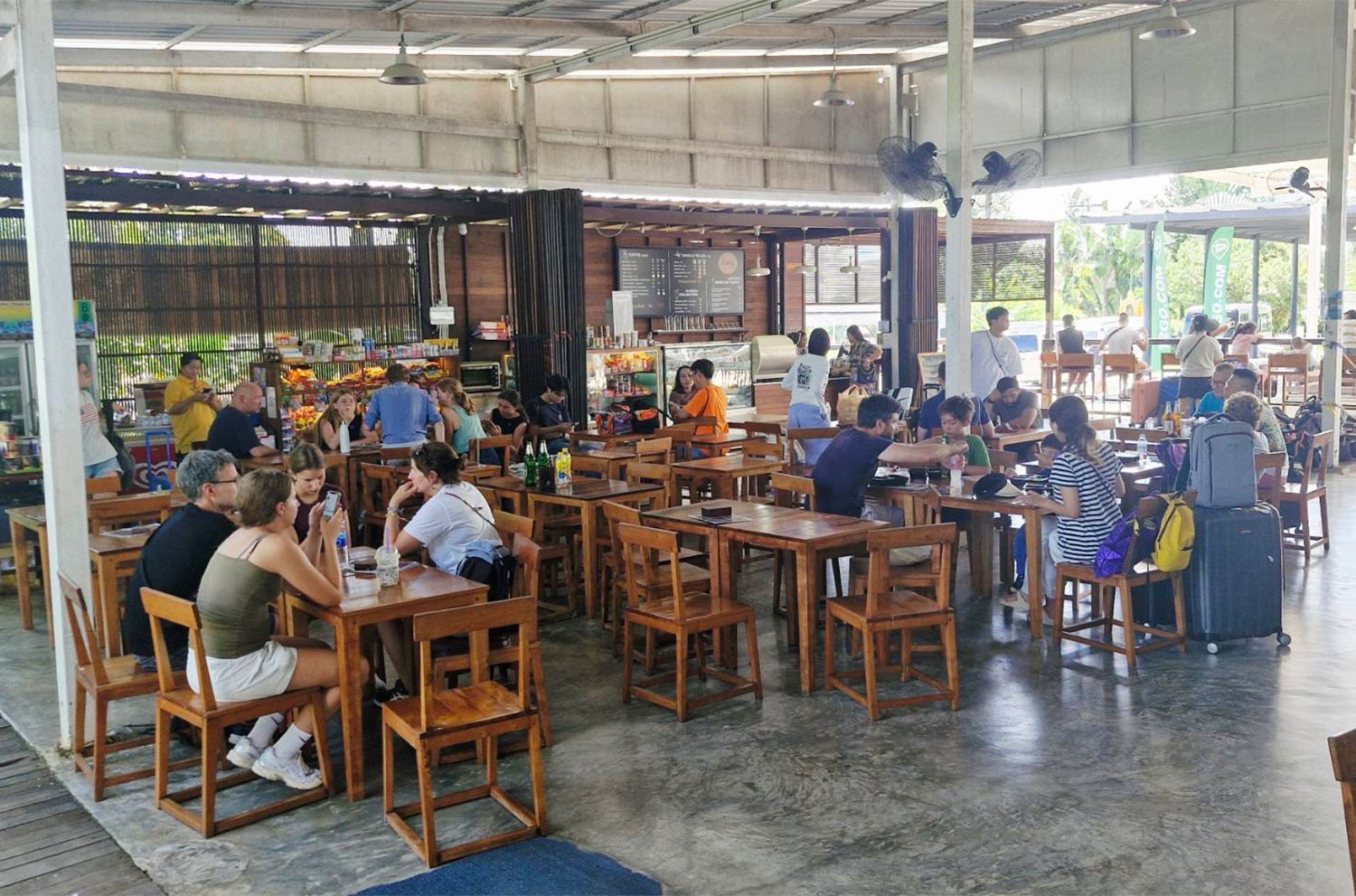Government’s Stern Warning
Targeting Nominee Practices
On July 7, 2025, Thailand’s government issued a robust warning against acting as nominees for foreign investors, particularly in tourism-related sectors, threatening severe legal repercussions. Deputy Government Spokesman Anukul Pruksanusak highlighted the risks of imprisonment, hefty fines, asset seizures, and license revocations under the Foreign Business Act of 1999. With tourism contributing 12% to Thailand’s GDP, per 2024 data, this crackdown aims to protect economic integrity amid rising foreign investments.
Widespread Nominee Schemes
Tourism Provinces Under Scrutiny
The Department of Business Development identified nominee arrangements as prevalent in tourism hubs like Phuket, Chon Buri, Bangkok, and Chiang Mai. These schemes, involving restaurants, hotels, resorts, real estate, and logistics, use Thai nationals as front shareholders to bypass legal restrictions. With 35 million annual visitors driving these sectors, per 2024 tourism statistics, such practices undermine fair competition, affecting 70% of local businesses, according to industry reports.
Legal Consequences Outlined
Heavy Penalties for Violators
Violators face up to three years in prison and fines ranging from 100,000 to 1 million baht, with additional daily fines of 10,000 to 50,000 baht for non-compliance. Assets linked to illegal nominee practices may be confiscated, and companies risk losing their business licenses. In 2024, Thailand prosecuted 150 nominee cases, per government records, reflecting a broader push to enforce regulations and deter illicit foreign ownership.
Recent Court Ruling
Phuket Case Sets Precedent
A recent Criminal Court ruling in Phuket convicted 23 individuals and entities for nominee practices, imposing 200,000-baht fines, two-year suspended sentences, and one-year probation. The court also dissolved the involved companies, signaling a zero-tolerance stance. This case, widely discussed on platforms like X, underscores Thailand’s commitment to transparency, with 60% of Thais supporting stricter business regulations, per a 2025 poll.
Economic and Reputation Risks
Combating Money Laundering Concerns
Nominee arrangements enable unfair competition and risk positioning Thailand as a money-laundering hub, damaging its global business reputation. With 20% of tourism-related businesses under investigation for nominee practices, per 2024 Department of Business Development data, these schemes threaten economic stability. The government’s warning aims to safeguard Thailand’s appeal as a transparent investment destination for its 3 million SMEs and foreign investors.
Call for Public Vigilance
Strengthening Regulatory Oversight
Anukul urged citizens to avoid participating in nominee schemes, emphasizing the need for compliance with the Foreign Business Act. The government is enhancing oversight in tourism-heavy provinces, where 80% of nominee cases occur, per 2025 enforcement reports. Public awareness campaigns on social media platforms like LINE, reaching 50 million users, encourage reporting of suspicious business practices to protect Thailand’s economic landscape and ensure fair market practices.









